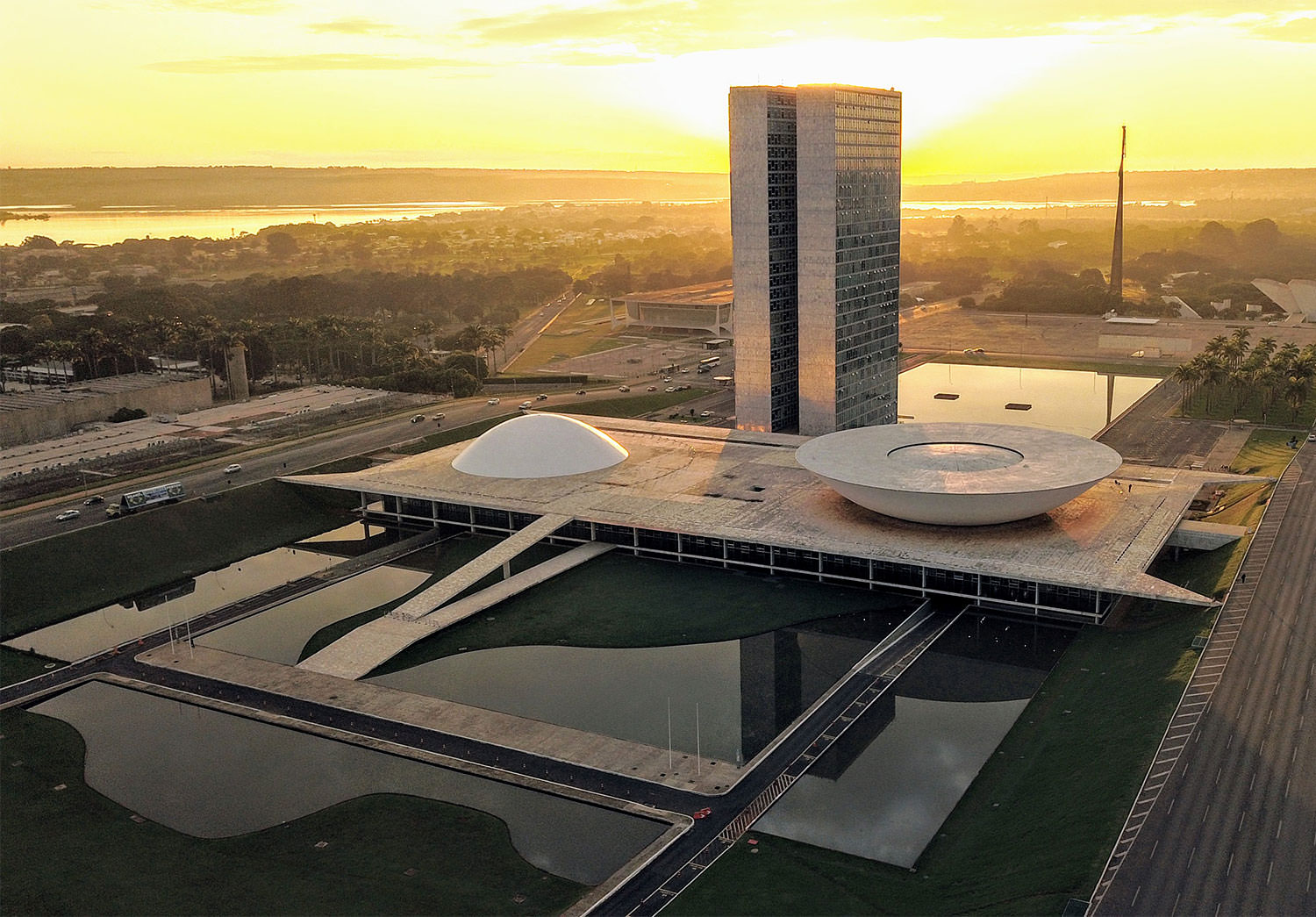What do Canberra (Australia), Brasilia (Brazil), and Abuja (Nigeria) have in common with Washington, DC? Like Washington, they are all planned capital cities. Like Washington, all three cities were results of political compromises. Unlike Washington, their residents have the right to elect voting representatives in their national congresses.
The product of a North-South bargain, Washington, DC was a planned capital city distinct from the thirteen states. While Congress exercised “exclusive legislation” over the District, there was a period when DC residents actually voted for their US senators and representatives. That right was stripped away when Congress applied its “exclusive” authority over the federal district with the Organic Act of 1801. DC residents maintained an elected municipal government, but lost all federal voting rights in 1874. Only in 1964 did DC residents win back the right to vote for President, followed in 1971 by the election of a Non-Voting Delegate in the House of Representatives
The experience of the three other planned capital cities, situated on three different continents, provides a unique perspective on this peculiar American anomaly, denying US citizens their full democratic representation.
Canberra
The creation of Canberra was the result of an historic dispute between Sydney and Melbourne over which city was to become the national capital. Eventually in 1908, a compromise location for the Australian Capital Territory (ACT) was selected between Melbourne and Sydney, and construction on the new city began in 1913. The ACT incorporates the city of Canberra and surrounding townships.
Until 1989, the ACT was administered by an appointed Federal Minister. In 1949, however, ACT residents won the right to elect one parliamentary representative who could only vote on matters directly affecting his constituency. In 1974, the ACT received full parliamentary representation with two seats in the Senate (elected every six years) and two seats in the House (up to three years). As Canberra grew, it won a third House seat in 2019. Locally, the ACT is governed by a Legislative Assembly, composed of 17 elected members. The Chief Minister, who is the head of government, must be a member of this Assembly.
Brasilia
Brasilia was inaugurated in 1960 as a key step toward opening up Brazil’s underdeveloped interior. An 1891 constitutional mandate had required the move to a location at the center of the country. The city of Brasilia and surrounding suburbs are actually incorporated in a Federal District (FD). Since 1980, a popularly elected Governor and Vice Governor have maintained executive power in the FD. Local legislative responsibilities rest with a Legislative Assembly of 24 elected district members.
On the national level, each of the 26 Brazilian states, along with the Federal District, has three Senators, elected by popular vote to terms of eight years. Seats in the lower Chamber of Deputies are allocated proportionally by population. The Federal District presently has eight deputies, elected every four years.
Startlingly comparable to the January 6th insurrection in Washington, DC, the January 8, 2023 rightist uprising in Brasilia was designed to overturn the democratic election of leftist Luiz Inacio Lula da Silva to the Presidency. Nearly all the insurrectionists, supporters of rightist incumbent, Jair Bolsonaro, came from outside the capital city. Collusion between local security forces and rioters was evident, and the FD Governor was temporarily suspended for his inaction. Brasilia’s geographic detachment from the rest of Brazil quite possibly played a role in the failure of the coup attempt since so many of the putschists had to be transported by bus from distant locations.
Abuja
The planned city of Abuja was officially declared capital of Nigeria in December 1991. The motivation was to situate the capital in a location deemed neutral to all major ethnic groups. Abuja and the surrounding area are administered as the Federal Capital Territory (FCT), headed by a Minister who is appointed by the Nigerian President. The elected Abuja Municipal Area Council, serving three-year terms, has legislative responsibility over the city.
In the Nigerian parliament, the FCT is represented by one Senator and two National Assembly Members, all popularly elected with four-year terms.
Bola Tinubu of the ruling All Progressives Congress Party was declared winner of the February 2023 Presidential election, but charges of widespread fraud and voter suppression and intimidation have been cited by the two closest losing candidates. Relatively peaceful protest demonstrations have regularly taken place in Abuja. The results are now being challenged in the courts, and the official Electoral Commission has begun its review.
Like the US, both Brazil and Nigeria have confronted political crises owing to allegedly stolen Presidential elections. But neither of these crises relate to the fact that citizens in their planned capital cities enjoy full legislative representation. Along with residents of Canberra, these citizens claim no special rights as residents of the respective capitals. They pay taxes. All three cities are gaining population and expanding economically.
Australians, Brazilians, and Nigerians living in their planned capital cities all exercise their full voting rights. Not so citizens of Washington, DC who live in the oldest democracy on earth.
Robert Rudney is the author of “Gaining Admission: The Historical Record of How States Joined the Union” (Statehood Research DC, July 2022), accessible at https://www.statehoodresearchdc.org/research.





0 Comments